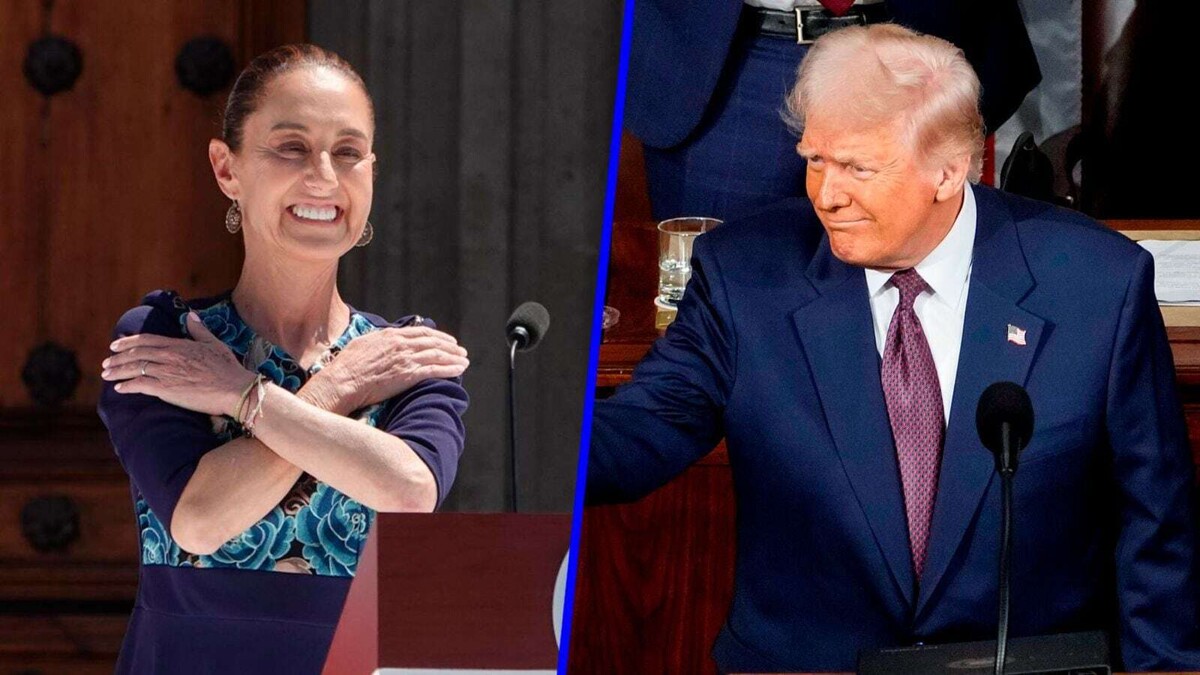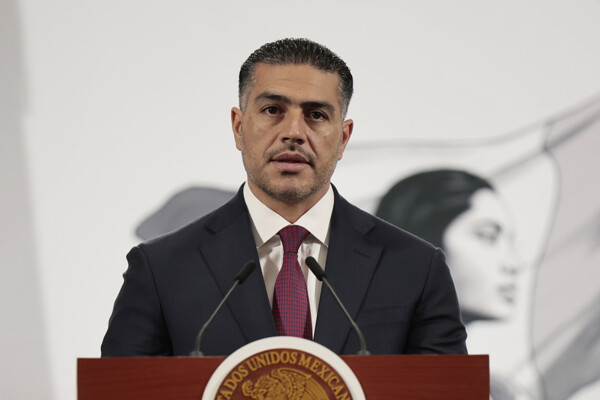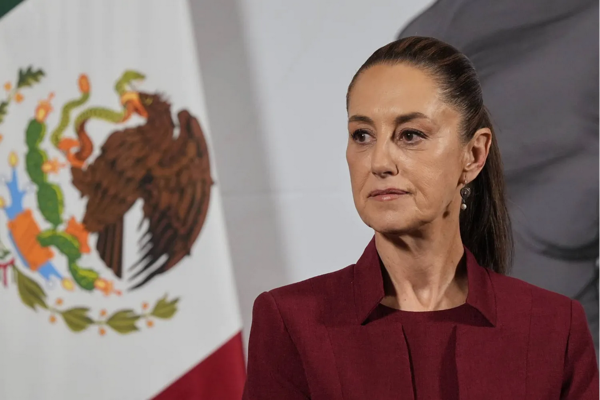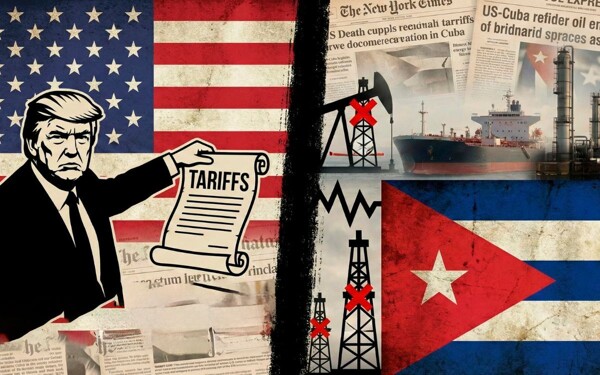
Much has been written about the traits of populist regimes, whether left or right. The comparison between leaders like AMLO, Trump, Milei, Chávez, and Orbán shows similarities in their style of mobilizing the masses and defending their respective political agendas.
Heir to the Obradorist tradition, Dr. Claudia Sheinbaum stands out in a Mexican landscape marked by the weakness of the opposition and the division of the business community. The crisis of public finances, lack of investment, and sustainability of social programs are the main challenges of her mandate.
The same day offers a contrast between the mobilization of hundreds of thousands of women in the streets and the president locked in her Palace without listening. This duality reflects the complexity and challenges faced by populist leaders, whose endings are often tragic according to history.
For both Trump and Sheinbaum, the populist narrative is based on nationalist defense against external or internal threats. Economic and political concessions are used as a strategy to avoid imminent conflicts and guarantee stability in a volatile global context.
Both leaders use the public square as a stage to disseminate their message and consolidate the support of their followers. Nationalist and anti-imperialist rhetoric is a recurring resource in their speeches, which seek to validate their leadership and political project before the citizenry.
Trump and Sheinbaum represent different visions about the role of the State, international relations, and the economy. While the former bets on imperial greatness, the latter prioritizes national sovereignty and market diversification as a long-term strategy.
The simplification of political and social reality is a constant in populist rhetoric, which seeks to polarize public opinion and clearly distinguish between friends and enemies. This friend-enemy scheme translates into controversial measures and unilateral decisions that often generate internal and external conflicts.
In a world marked by uncertainty and geopolitical competition, leaders like Trump and Sheinbaum face complex challenges that require not only political skills but also negotiation capacity and long-term strategic vision. Confrontation with other leaders and regional blocs is inherent to their leadership style, which seeks to reinforce their image and legitimize their government before their followers.














